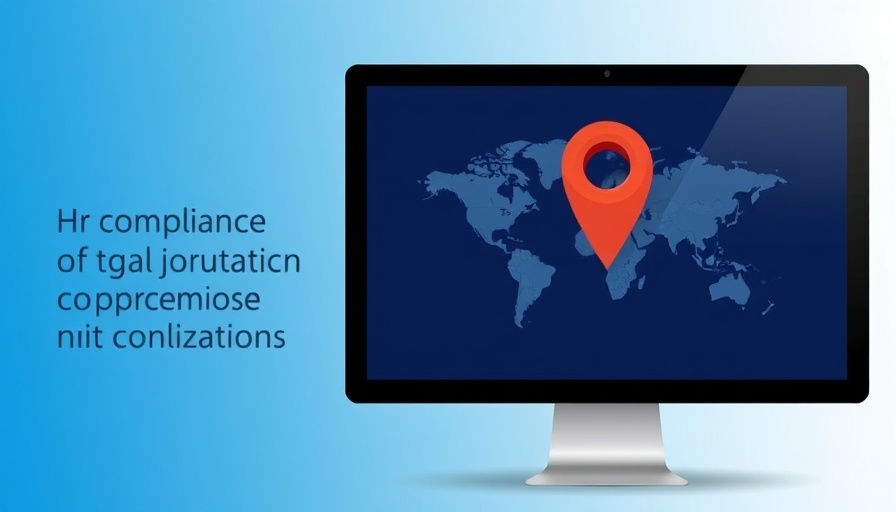
The Invalidation of Age Bias Claims: What It Means for Employees
The case of a police officer whose age discrimination claims were recently dismissed by the 5th U.S. Circuit Court is drawing attention to age bias in the workplace. The court ruled that the claims did not present enough evidence of discrimination, raising important questions about how age bias is evaluated under current labor laws.
Understanding Age Discrimination in Employment
Age discrimination has been a persistent issue across various fields, including law enforcement. As organizations strive to support inclusivity, the implications of this case highlight the complexities surrounding age-related claims. Many employees, particularly those over 40, face challenges when asserting their rights, often hindered by strict legal standards for proving discrimination.
Relevance of EEOC Guidelines in Evaluating Age Bias
The U.S. Equal Employment Opportunity Commission (EEOC) encourages organizations to foster an inclusive workplace, yet compliance remains a hurdle. When dealing with age bias cases, understanding EEOC guidelines becomes crucial for HR compliance officers and employment attorneys who must navigate these complex legal waters. The criteria set forth by the EEOC provide the necessary framework for evaluating whether a discriminatory decision has been made.
The Broader Impact on Hiring Policies
Companies may inadvertently perpetuate hiring bias if they aren't vigilant. This ruling serves as a reminder that employers must ensure their hiring policies are transparent and adhere to wage laws. Developing a remote work policy that appreciates diversity while mitigating discrimination can foster a more equitable hiring process.
Preparing for Future Workforce Challenges
As legal precedents evolve, businesses need to remain proactive in adjusting their employment regulations. This includes educating staff and management about the nuances of workplace investigations regarding age discrimination. Knowing how to effectively address potential bias can lead to a healthier organizational culture.
Understanding and actively combating age bias is not only essential for compliance with labor laws but is also vital for ethical workforce management. It presents an opportunity for organizations to reconsider their policies, ensure inclusivity, and remind their teams of the importance of respecting diversity in all forms.
For HR compliance officers and legal counsel, staying informed about these rulings is essential. Regularly updating workplace policies to reflect compliance with labor laws and promoting an inclusive culture can help organizations navigate the complexities of age discrimination and foster a positive work environment.
 Add Row
Add Row  Add
Add 




Write A Comment